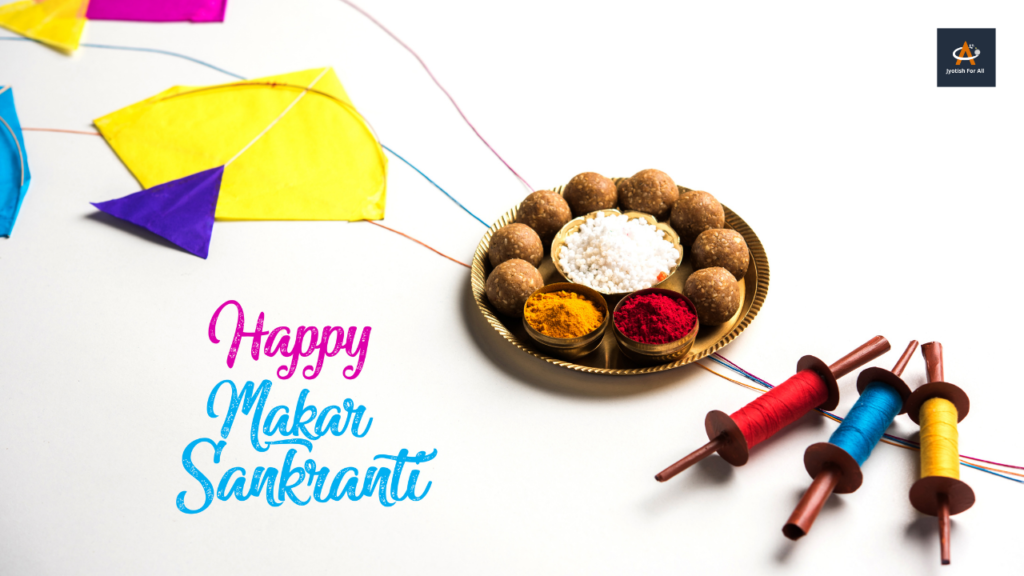Makar Sankranti is a widely celebrated and talked about festival in India and among the Indian diaspora across the world.
So, what exactly is Makar Sankranti and what is its significance?
Makar Sankranti consists of two individual words Makara which is the zodiac sign of Capricorn and Sankranti which is the movement of Sun from one zodiac sign to another. Putting the two words together, we get Makara Sankranti which means the movement of Sun from Sagittarius to Capricorn.
This is a significant transit as Makara rashi is the zodiac sign of Saturn who happens to be the son of the planet Sun in Vedic astrology. This is a unique union of father and son. It is believed that it was on this day that Lord Vishnu killed the demons on planet Earth.
Makara Sankranti is also known by the name of Uttarayan or Uttarayana Punyakala which literally means that astronomically, the Sun begins its journey northward. Length of a day starts increasing in the northern hemisphere while daylight starts decreasing in the southern hemisphere.
On the ecliptic, Sun’s longitude measures 270° as it moves into the zodiac sign of Capricorn. This corresponds to January 14 th (Sometimes January 15 th ) on the Gregorian calendar. As per the solar calendar, the 30-day period when Sun is present in the zodiac sign of Capricorn, it is considered to be a very auspicious time for conducting ceremonies and initiating new ventures. In fact, the word ‘new’ and ‘Makara’ go hand in hand. Makara rashi or Capricorn is one of the cardinal or initiator signs in the zodiac which implies that it is one of the seasons of change as well as new beginnings. The festival is mostly observed in the Indian Subcontinent, although it is also observed by Indians all over the world.
Makar Sankranti celebrations are known by many names depending on where they are held.
In Tamil Nadu, it is known by the name of Pongal which is a four-day harvest festival. The delight of the new crop is celebrated on this day with the signature dish sweet Pongal a must in all households. In Gujarat, it is known as the Uttarayan festival. A kite festival is organised there on this occasion and it attracts participants from all over the world. Bihu is celebrated on this day in Assam where people rejoice for the reward of new crops and prepare a variety of dishes. Lohri is observed in the states of Haryana, Punjab and Delhi a day before Makar Sankranti which is the considered to be the coldest day of the year. Khichdi is made and consumed on this day especially in Eastern Uttar Pradesh, Bihar, and Jharkhand.
On the day of Makara Sankranti, worshippers typically take a bath in sacred rivers like Ganga, Yamuna, Godavari, Krishna, and Cauvery. Taking a dip is said to cleanse away your past sins. Numerous spiritual acts are performed on this day.

